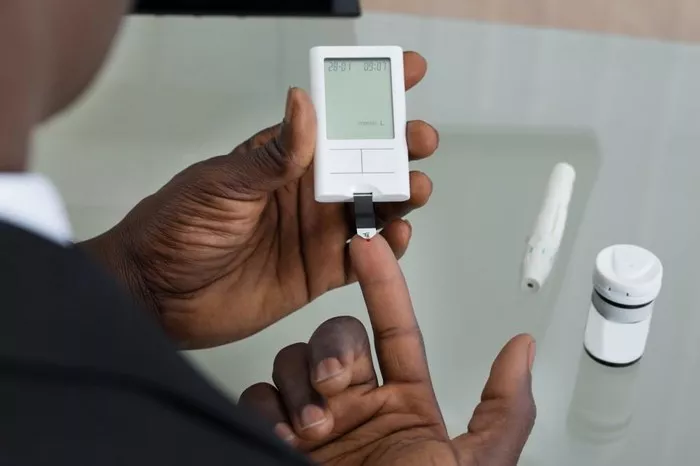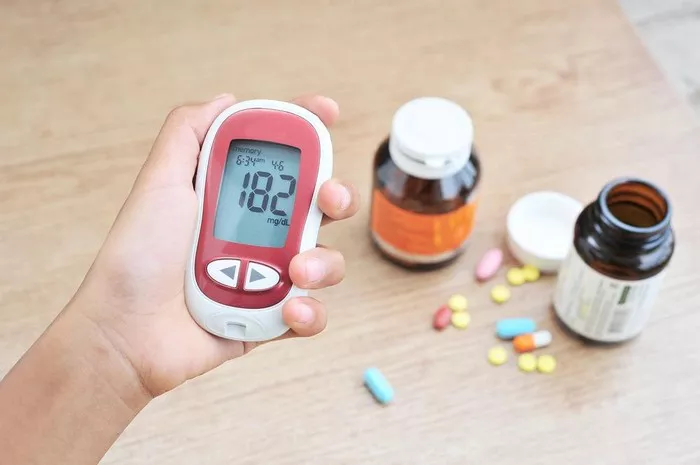Hypoglycemia is a common condition characterized by abnormally low blood sugar levels, typically below 70 milligrams per deciliter (mg/dL). While it is commonly associated with diabetes, hypoglycemia can also occur in individuals without diabetes, particularly as a result of meal skipping. In this article, we will delve into the effects of skipping meals on blood sugar levels and explore strategies for preventing hypoglycemia associated with irregular eating habits.
Hypoglycemia occurs when blood sugar levels drop below the normal range, leading to symptoms such as sweating, shakiness, hunger, dizziness, confusion, and weakness. Glucose is the primary source of energy for the body’s cells, and maintaining stable blood sugar levels is essential for overall health and energy levels.
Normal Blood Sugar Regulation
The body has a sophisticated mechanism for regulating blood sugar levels, involving hormones such as insulin and glucagon. After a meal, carbohydrates are broken down into glucose, which is then absorbed into the bloodstream. Insulin helps to move glucose from the bloodstream into cells, where it can be used for energy or stored for later use. Between meals, the liver releases stored glucose to maintain blood sugar levels within a healthy range.
Role of Meals in Blood Sugar Control:
Regular meals play a crucial role in providing a steady source of glucose to the body. Carbohydrates from food are broken down into glucose, which is absorbed into the bloodstream to fuel cells and tissues. Eating balanced meals with a combination of carbohydrates, protein, and healthy fats helps to sustain blood sugar levels throughout the day.
Effects of Skipping Meals:
Skipping meals can disrupt the body’s glucose supply, leading to fluctuations in blood sugar levels. When meals are missed, the body may not receive an adequate amount of glucose, causing blood sugar levels to drop below normal. This can trigger symptoms of hypoglycemia, such as sweating, shakiness, and weakness.
Risk Factors for Hypoglycemia
Several factors may increase the risk of hypoglycemia when meals are skipped, including:
Diabetes: Individuals with diabetes, especially those on insulin or certain medications, are at higher risk of hypoglycemia if they skip meals. Without an adequate supply of glucose from food, insulin or medication doses may lead to low blood sugar levels.
Medication Use: Certain medications, such as insulin or sulfonylureas, can lower blood sugar levels and increase the risk of hypoglycemia when meals are missed. It’s essential to follow medication guidelines and adjust doses as needed to prevent hypoglycemic episodes.
Physical Activity: Engaging in strenuous exercise without adequate food intake can deplete glucose stores and lead to hypoglycemia. It’s important to fuel your body with carbohydrates before and after exercise to maintain blood sugar levels within a healthy range.
Symptoms of Hypoglycemia
Common signs and symptoms of hypoglycemia include sweating, shakiness, hunger, dizziness, confusion, and weakness. If left untreated, severe hypoglycemia can lead to loss of consciousness or seizures. Recognizing and promptly addressing hypoglycemic symptoms is crucial for preventing complications.
To prevent hypoglycemia associated with meal skipping, consider the following strategies:
- Eating regular, balanced meals with a combination of carbohydrates, protein, and healthy fats helps to maintain stable blood sugar levels throughout the day.
- Incorporating snacks between meals can provide an additional source of glucose and help prevent blood sugar fluctuations.
- Monitoring blood sugar levels regularly, especially for individuals with diabetes or other medical conditions, allows for early detection of hypoglycemia and timely intervention.
It’s essential to seek medical advice if you experience recurrent episodes of hypoglycemia or have concerns about your blood sugar control. A healthcare professional can assess your symptoms, perform diagnostic tests, and provide personalized recommendations for managing hypoglycemia.
Conclusion
Skipping meals can disrupt the body’s glucose supply and increase the risk of hypoglycemia, particularly in individuals with diabetes or other medical conditions. Maintaining regular eating habits, monitoring blood sugar levels, and seeking medical advice when necessary are essential steps for preventing hypoglycemia and supporting overall health and well-being. By understanding the role of meals in blood sugar control and implementing preventive strategies, individuals can effectively manage their blood sugar levels and minimize the risk of hypoglycemic episodes.
Related Topics:
What Can I Eat Immediately To Lower My Blood Sugar?























